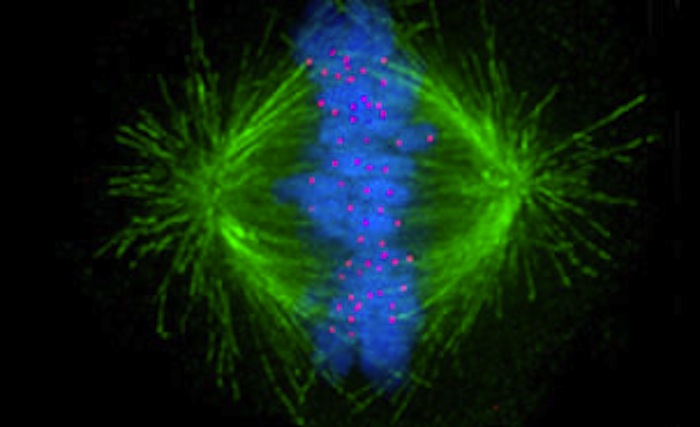-
Tips for becoming a good boxer - November 6, 2020
-
7 expert tips for making your hens night a memorable one - November 6, 2020
-
5 reasons to host your Christmas party on a cruise boat - November 6, 2020
-
What to do when you’re charged with a crime - November 6, 2020
-
Should you get one or multiple dogs? Here’s all you need to know - November 3, 2020
-
A Guide: How to Build Your Very Own Magic Mirror - February 14, 2019
-
Our Top Inspirational Baseball Stars - November 24, 2018
-
Five Tech Tools That Will Help You Turn Your Blog into a Business - November 24, 2018
-
How to Indulge on Vacation without Expanding Your Waist - November 9, 2018
-
5 Strategies for Businesses to Appeal to Today’s Increasingly Mobile-Crazed Customers - November 9, 2018
Cell Division Mechanism Discovery Could Help Us Fight Cancer
As Gilles Hickson, member of the research team, asserts, “Division is a complex and robust process that is generally performed flawlessly, but when an error occurs…it can be a source for triggering cancer”.
Advertisement
“[The softening of the polar cell cortex] is independent of furrow formation, centrosomes and microtubules and, instead, depends on PP1 phosphatase and its regulatory subunit Sds22”, wrote the authors of the Nature paper.
According to the researchers, cell division occurs is a process of cytokinesis – a situation whereby the continual division of body cells leads to the development of body tissues and organs and the overall functions of the whole body system.
The enzyme Sds22-PP1, one of the signals released by chromosomes during cell division, sticks onto the ends of the cells and softens their membranes, assisting the elongation and splitting of cells.
Chromosomes have been held to only passively play a role in cytokinesis, as they are pulled apart by microtubules.
During the process of cytokinesis, chromosomes have been discovered to be involved in dividing up animal cells, reveals a new study. The findings suggest chromosomes actually emit signals that signals the cell cortex to reinforce microtubule action. However, working with fruit flies, the research team discovered that the chromosomes emit signals-such as a specific enzyme complex now known as Sds22-PP1-to the microtubules.
They also demonstrated that this signaling pathway acts in human cells.
Cell division is a fundamental life process, developing an entire organism from just one cell.
The discovery of this mechanism is a significant breakthrough in advancing knowledge about the cell division process. However, we are still searching for more to understand the molecular mechanisms that are involved. For example, stem cells divide asymmetrically, while most other cells divide symmetrically, and we still do not understand these differences in molecular terms.
All cancers are characterised by unchecked cell division, and the underpinning processes are potential targets for therapeutic interventions that prevent cancer onset and spread. However, it has been revealed in some recent experiments conducted by researchers that they are actively involved in separating and dividing the living cells. The researchers are confident though that they will get there, with help from genetic models, like the one of the fruit fly.
Advertisement
Further research, however, is needed to determine exactly at what point the cell division process goes wrong and how underlying mechanisms can be exploited. “This is important because cell division is so central to life, and to certain diseases”, said Hickson, who has devoted the last 15 years of his research life to cell biology.




























